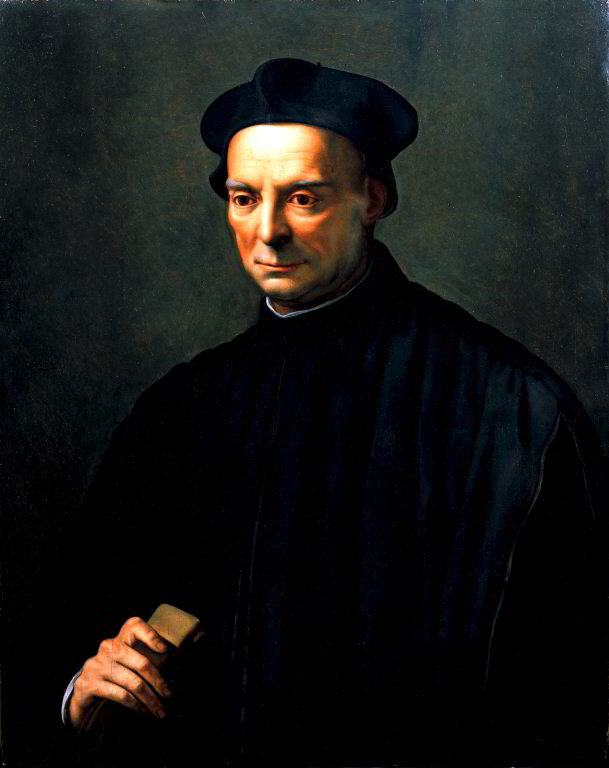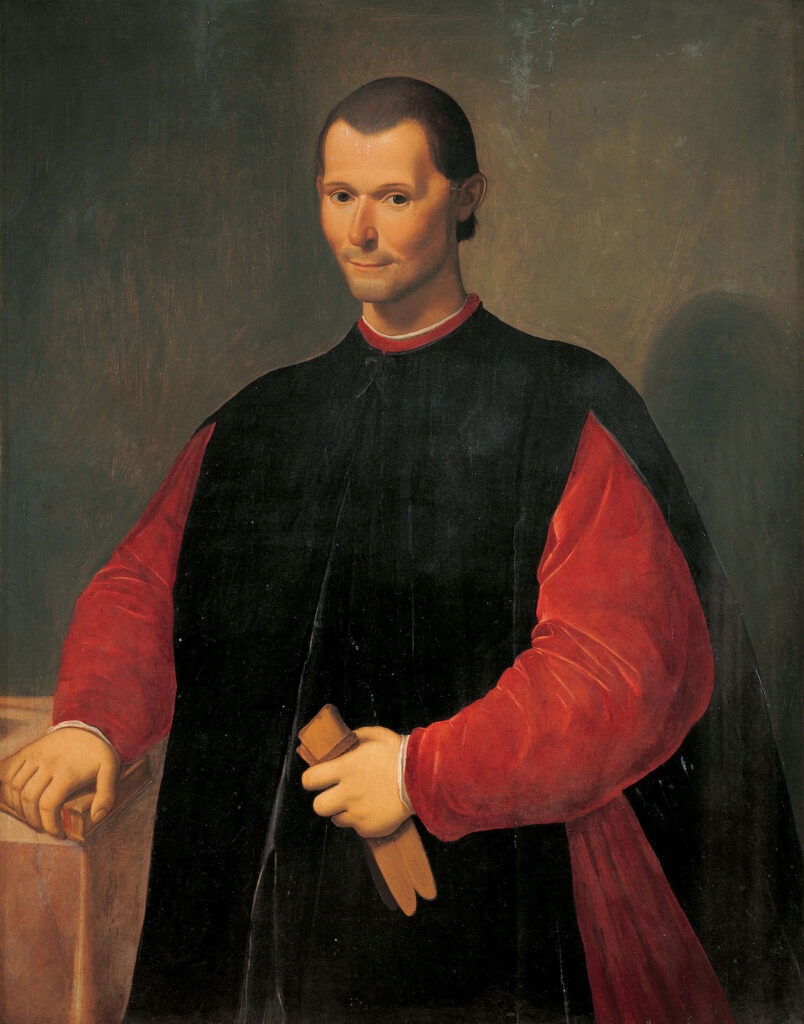Giovanni Boccaccio created The Decameron in a time period back when women were seen as inferior to men, and quite frankly anyone else in society. They were seen as individuals holding lower social positions than men. In The Decameron, women are mostly always shown as severely restricted, and unable to do or act in ways that they wish they could. They were depicted in a way where they were not allowed to hold power or have a significant position in society, and that is exactly the way they lived their lives in the 14th-century. Instead, they were made to maintain their positions of stay-at-home wives and mothers, whose primary focus was to solely care for their families. However, In The Decameron, Boccaccio showcased women as being a lot more independent and more powerful for the most part (not all female characters showed this.) He surpasses the roles and expectations of women from that time period, by illustrating women as more intelligent, more patient, and way more lustful than they normally would be. He even shows women as being a lot more capable than men to endure a lot of hardships, heartache, and pain that others have put them through. All things considered, Boccaccio seemed to have been feminist, as seen by a lot of these stories.
The Decameron is a collection of stories or novellas by the 14th-century Italian author. In this series of stories, women have been represented in many different ways, both good and bad. One of the many representations being women outwitting men, and surprisingly, is something that happened pretty often. He tends to showcase women as coming out on top in most predicaments that they’re in, or doing things that at that time were probably frowned upon (An example of this being in the fifth story of the second day). In this story, a young and beautiful Sicilian woman named Madonna Fiordaliso sees Andreuccio’s open wallet filled with a ton of money and decides that she wants to take it from him. Fiordaliso uses all the information that she gathered from her older companion to devise a devious plan, inviting him into her home, and tricking him into believing that they are siblings. When he goes to the restroom, he falls into her trap, quite literally because he steps onto a loose plank and drops into an alley. He is left high and dry, while his wallet stays in her home.
He also showcases these women as very loyal, in these stories, enduring things that many of us would have most likely walked away from. (An example of this is on the ninth story of the third day.) In this story, the protagonist, Gillette, is very infatuated and crazy in love with Bertrand. She watched and learned her father’s medical skills, and implemented them on the king who unfortunately became sick. By successfully curing him in one week, she was able to get married to whomever she chose, which unsurprisingly was Bertrand. However, he wasn’t too happy with this because she was a working-class woman and not of a higher class. Ultimately, the only way for him to live with her is if she were to have his kids and a ring from him (which he thinks would never happen.) Since he is actually cheating on her with someone, she tricks him into giving her his ring & sleeping with her by pretending to be her.
These two stories differ in this aspect because 2.5 shows a woman outwitting a man negatively, to get his wallet, while 3.9 shows a woman outwitting a man to get a positive outcome. As Monica Donaggio stated in Implications of Gender Reversal Disguise, “The idea of “putting oneself to the test/mettersi alla prova” is one of the main narrative situations in the Decameron. The character is able to use his or her disguise to accomplish something specific, but, as Donaggio carefully notes, when this is done, the character is able to return to his or her previous identity (which hasn’t ever really been forgotten).“ In these stories Boccaccio had these women go through great lengths and detailed plans to get what they want from these men, masking their true intentions. This is clearly shown with Donna Zinevra (second day, ninth story), who dresses as a young man in order to escape her husband Bernabò.
This same concept can be seen in reverse where men are the ones outwitting women (An example of this being the fifth day, eighth story.) In this story, Anastasio, a Gentleman of the Family of the Honesti, fell in love with the Daughter of Signior Paulo Traversario. However, the feelings were not mutual and she was very unkind to him. Seeing that his attempts to make her fall in love with him were not working, he moved away. While he was walking in the forest he saw a naked woman being chased by an angry knight and dogs, but soon came to realize that they were already dead. He used this to his advantage and showed the woman with whom he was in love with this crazy event, scaring her into thinking that if she did not fall in love with him, he would do the same to her. This goes to show that although Boccaccio tried to show a positive side of women, in this case, their independence and intelligence, this story along with others are very counterintuitive. They show how women in fact still have a weaker, less intelligent, dependent side of them that others can easily notice and manipulate in their favor. All in all, women are depicted in both negative and positive ways in The Decameron, and we are given a glimpse of these different illustrations of them in all of the stories.
Citation;
- Decameron Web | Texts. (n.d.). The Decameron: Day 3, Story 9. https://www.brown.edu/Departments/Italian_Studies/dweb/texts/DecShowText.php?myID=nov0309&lang=eng
- Decameron Web | Texts. (n.d.). The Decameron: Day 2, Story 9. https://www.brown.edu/Departments/Italian_Studies/dweb/texts/DecShowText.php?myID=nov0209&lang=eng
- Decameron Web | Texts. (n.d.). The Decameron: Day 5, Story 8. https://www.brown.edu/Departments/Italian_Studies/dweb/texts/DecShowText.php?myID=nov0508&lang=eng
- Decameron Web | Texts. (n.d.-b). The Decameron: Day 2, Story 5. https://www.brown.edu/Departments/Italian_Studies/dweb/texts/DecShowText.php?myID=nov0205&lang=eng
- (L.G.) Donaggio, Monica. “Il Travestimento nel Decameron,” Studi sul Decameron. Firenze: Le Lettere, 1988. (SECONDARY SOURCE)











